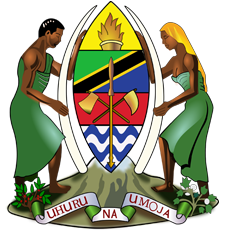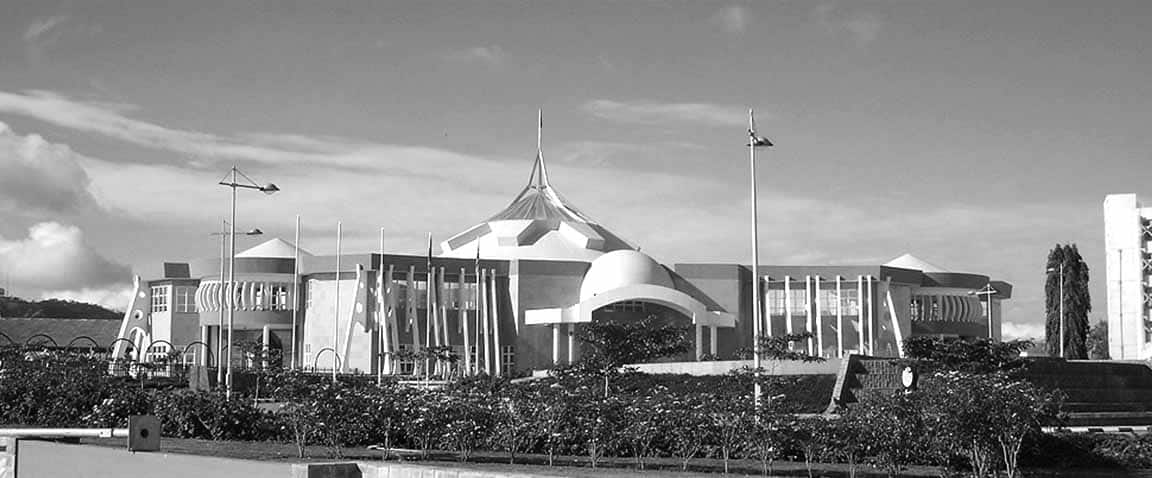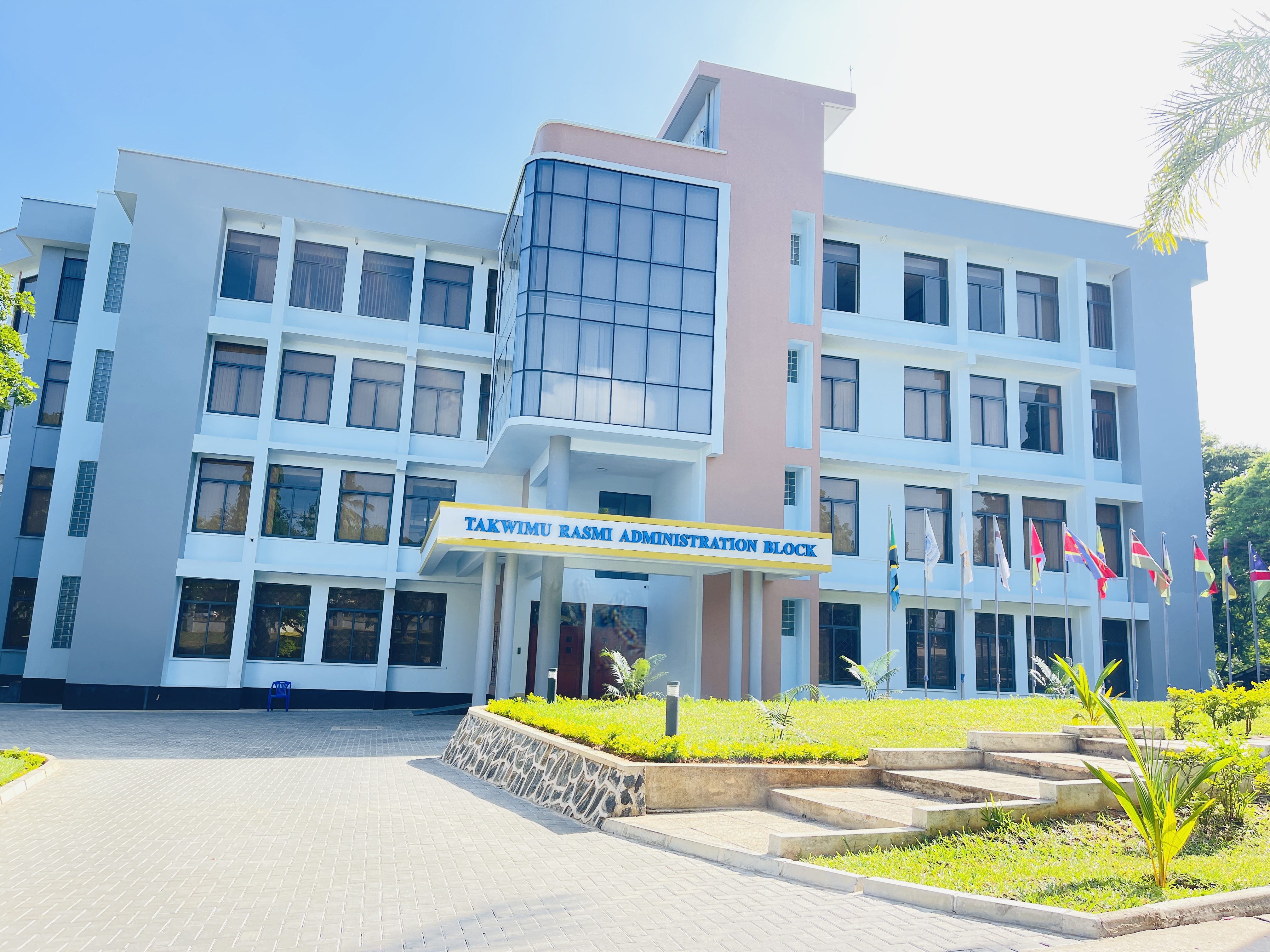
Ministry of Finance
Eastern Africa Statistical Training Centre
Chuo cha Takwimu Mashariki mwa Afrika


Our Legacy of Excellence
Tracing the evolution of statistical capacity building in Africa—from a regional training centre to a premier continental institution.

A Vision for Africa
In the wake of independence across the continent, the need for data-driven governance became clear. During the 1961 Tunis Conference, African leaders identified a critical shortage of professional statisticians.
By 1963, UNECA pledged support. In February 1964, Dar es Salaam was chosen as the strategic home for the Eastern Africa Statistical Training Centre.
Milestones of Excellence

Inception & Foundation
EASTC opens its doors on August 30th to meet the urgent statistical manpower needs of the newly independent East African nations.
Regional Expansion
Officially designated as a regional hub by UNECA and founding member states. The Centre expands its mandate to serve the entire Eastern Africa sub-region.

Tanzania Takes Stewardship
The Government of Tanzania assumes management on behalf of UNECA, ensuring the Centre remains a vital resource for 19 member countries.

Higher Learning Status
Registration by NACTE as a higher learning institution paves the way for the Bachelor of Official Statistics (BOS).
Centre of Excellence
With Master’s degrees and global partnerships (World Bank, FAO), EASTC stands as the premier statistical training institute in Africa.
Be Part of History
Join our alumni network or explore our current programmes.